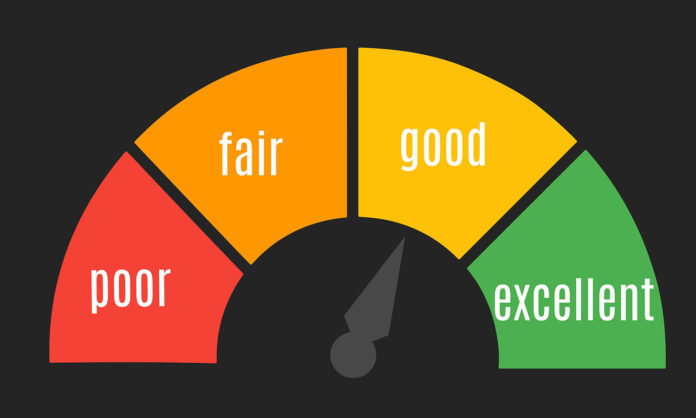
The best way to find writer friends to read and critique your work, is to be a writer friend who reads and critiques work. In a post on BookBaby, Dawn Field offers advice for how to be a good beta reader for your writing friends. “These eight considerations form a code of conduct that can help a writer and beta reader get the most from one another,” she says.
- Only read what you like. While you might feel obligated to read a friend’s manuscript, it’s ok to stick to genres and forms that you like. If you’re not a horror reader, you won’t be enthusiastic and your feedback might be inaccurate for the genre.
- Ask the author what type of feedback they are looking for. For early drafts, a writer may want big picture thoughts about plot and character, Field says. For later or final drafts, they might be looking for feedback on continuity and typos.
- Remember, the author is writing the book, not you. Your job is to comment as a reader, not tell the writer how you would have written their story.
- Give feedback in the form of a conversation. “Often the best feedback is posed in the form of a question,” Field says. “What did you mean here? Did you expect me to guess the killer is the butler at this point?” This softens any criticism and lets the writer follow their own path.
- Present honest feedback in a constructive way. You can be honest without being unkind. Withholding relevant criticism doesn’t help anyone.
- Take your time, or say you didn’t! Be honest about the time and effort you put into the manuscript. If you stopped reading at a certain point, the writer needs to know where. “It could expose a major fail in pace or content to the writer, and while not positive, it will give the author a lot to think about — which is the point of your reading the manuscript in the first place,” Field writes.
- Learn to skim. “Can you quickly course over a document and get the gist? If an author just wants your impressions, can you quickly digest a longer piece just enough to give useful feedback?” Field asks. “There is an art to this, and if you can master it, you’ll be an invaluable aide to the writer.”
- Annotate. According to Field, the best feedback incorporates direct notes on manuscript, some longer written comments, and in-person conversation.











